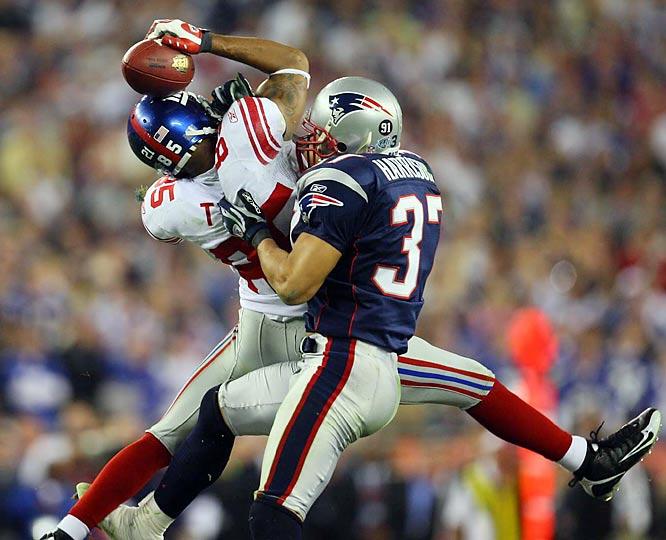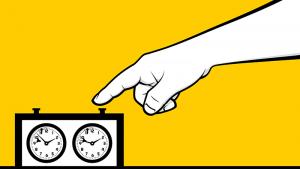
More of the Greatest Chess Upsets
As promised, we will continue our coverage of the greatest upsets in chess history by moving in reverse chronological order.
Of course, it is rather ludicrous to assume that upsets did not exist before Elo ratings were implemented and recognized in the 1970s. The chess elite was still the chess elite, and amateurs were still amateurs!
Indeed, 60 or 70 years ago, with sharp tactical vision and basic positional/endgame understanding still far from commonplace, grandmasters were viewed as practically invincible by all but their own kind.
In this article, we will examine three memorable games in which this apparent invincibility was disproven.
The 1958 Portoroz Interzonal was one of the strongest tournaments of the pre-rating era. Tal, Petrosian, Gligoric, Averbakh, Bronstein, Fischer, and 15 other grandmasters and strong masters were vying for a much-coveted spot in the 1959 Candidates Tournament.
In the final round, David Bronstein found himself in a must-win situation against young Filipino IM Rodolfo Cardoso, one of the weakest participants in the field. Bronstein had famously amassed a streak of 58 games without a loss(!), while an inexperienced Cardoso had a measly 5.5/20. A free ticket to the Candidates for Bronstein, it would seem...
This, ladies and gentlemen, is an upset! Cardoso was an international master and one of the strongest players in Filipino history, but in 1958 Bronstein was nearly unbeatable!
Cardoso's sensational victory knocked Bronstein out of the top five, and he never qualified for a Candidates Tournament again, according to Graeme Cree.
Rewind 46 years to 1912. Emanuel Lasker was still world champion, but Alexander Alekhine had already taken Russia by storm, dominating one tournament after another (according to Chessmetrics, in January 1912 he attained a historical rating of 2700 in January 1912, #14 in the world).
At a tournament in St. Petersburg, Alekhine found himself across the table from Vasily Osipovich Smyslov, father of "the real" Smyslov and a competent club player in his own right.
It is not only the result of the game that amazes me, but how Alekhine lost as well. From a very difficult position, Smyslov completely outplayed his fearsome opponent, rounding off the attack with a lovely exchange sacrifice (31...Rxg2)+ and tactical shot (41...Rxc3).
Finally, let us travel even further back, this time to antebellum New York. The 1857 American Chess Congress was not a particularly challenging tournament for Paul Morphy.

However, although he vanquished German master Louis Paulsen in the final by a wide margin, his lone defeat in the third game is worth reliving. After all, to annihilate the strongest chess player in the world is no easy matter!
Paulsen's all-time record against Morphy (according to MegaBase) is +1 =3 -7, but this game certainly gave Morphy a taste of his own medicine.
Unfortunately, this concludes our journey into the fascinating world of upsets (this must sound really strange to someone who is not familiar with the term  ).
).
Hopefully, you have enjoyed playing through these games as much as I enjoyed analyzing them. Ciao!
RELATED STUDY MATERIAL
- Check out GM Daniel Naroditsky's previous article: The Greatest Chess Upsets, Part 1
- Watch FM Elliot Liu's video on Paul Morphy's genius.
- Try to play like Moprhy in the Chess Mentor.
- Most upsets feature a key tactical shot. Learn your tactics in the Tactics Trainer.
- Looking for articles with deeper analysis? Try our magazine: The Master's Bulletin.



